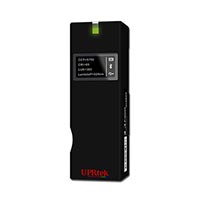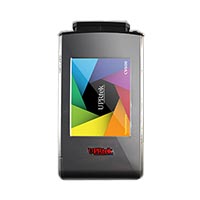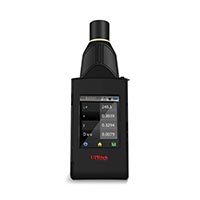Conflict Minerals Policy
Conflict Minerals Policy
Description
As a member of the global optical industry supply chain, we are committed to responsible procurement practices in addition to advancing product development and innovation. This includes addressing issues related to social responsibility and environmental protection.
Policy Objectives
UPRtek supports the Responsible Minerals Initiative (RMI), a program jointly launched by the Responsible Business Alliance (RBA) and the Global e-Sustainability Initiative (GeSI). This initiative aims to address the human rights tragedies in the Democratic Republic of Congo (DRC) and neighboring countries. We do not support or use minerals sourced from armed conflict, illegal mining, or poor working conditions.
We require all suppliers to utilize the Conflict Minerals Reporting Template (CMRT) and the Cobalt Reporting Template (CRT) provided by RMI to identify minerals, such as tantalum (Ta), tin (Sn), tungsten (W), gold (Au), and cobalt (Co), in their products. Suppliers must conduct due diligence to verify the origin of these minerals. To meet regulatory and customer requirements, we will continue updating our investigation results.

Scope of Policy
This policy applies to all company units, operations, and employees. It includes but is not limited to product design, manufacturing, operations, and maintenance processes. We will also promote compliance with this policy among upstream suppliers and other partners.
Policy Content
- Conduct Supply Chain Due Diligence:
Follow the OECD Due Diligence Guidance for Responsible Supply Chains of Minerals from Conflict-Affected and High-Risk Areas. - Disclosure of Mineral Sources:
If product materials include tantalum (Ta), tin (Sn), tungsten (W), gold (Au), or cobalt (Co), conduct due diligence and disclose the sources of these minerals. - Supplier Compliance:
Require suppliers to complete the latest version of the Conflict Minerals Reporting Template (available on the RMI website) and provide supporting evidence for mineral origin. Suppliers must convey this policy to their upstream suppliers and ensure compliance throughout the supply chain. - Commitment to Zero Conflict Minerals:
Reject any materials containing tantalum (Ta), tin (Sn), tungsten (W), gold (Au), or cobalt (Co) sourced from illegal mining regions in the Democratic Republic of Congo or neighboring countries.
Policy Implementation
Roles and Responsibilities
Clearly define responsibilities across all management levels and employees to ensure effective implementation of the policy.
Internal Audits
Conduct regular audits to assess policy implementation and ensure compliance with standards.
External Certification
Seek third-party certification to ensure the management system aligns with international standards.
Continuous Improvement
Improve sustainability policies based on audit results and external feedback.
Stakeholder Engagement
Information Disclosure
Regularly publish sustainability reports to disclose environmental and social performance to stakeholders.
Feedback Mechanisms
Establish effective communication channels to receive and address stakeholder feedback and suggestions.
Policy Effectiveness
This policy is effective from the date of announcement and will be reviewed and updated periodically in response to changes in internal and external environments to ensure its validity and applicability.
We are committed to integrating sustainable development principles into every aspect of our operations and strive to become a benchmark enterprise in the industry.









